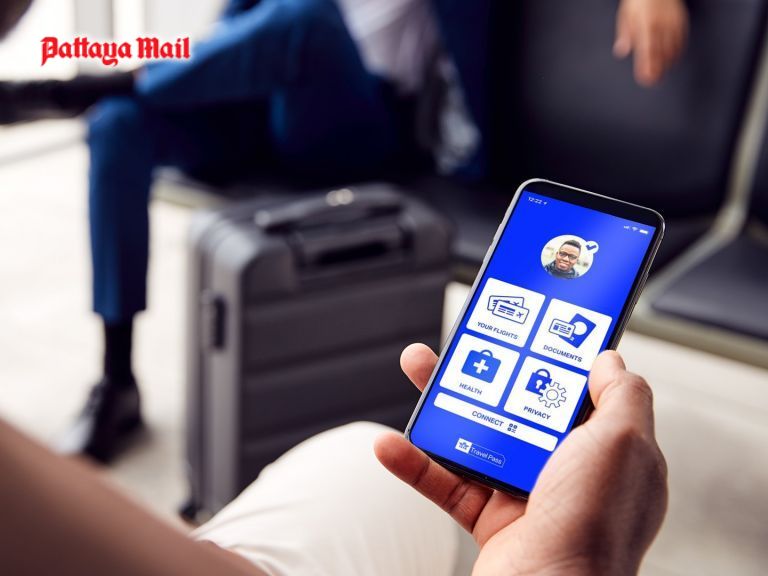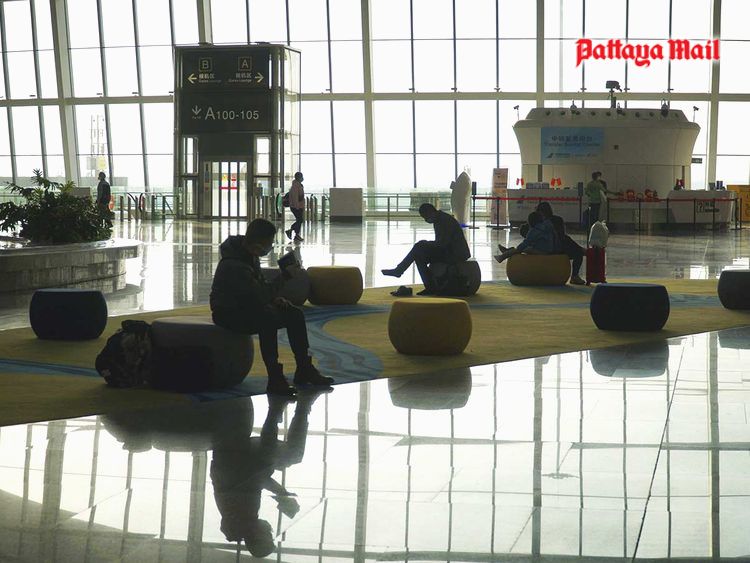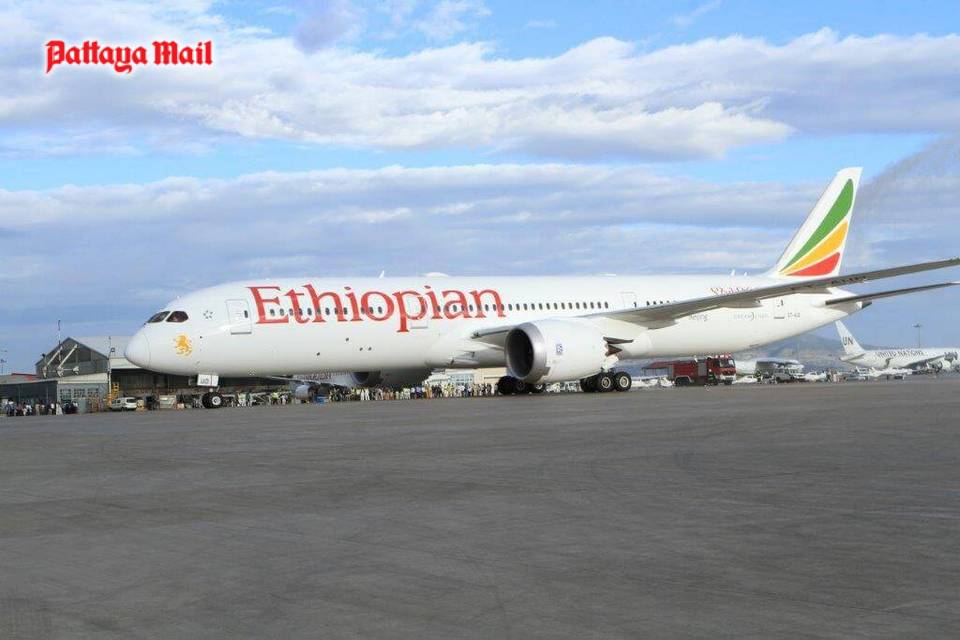
The news that Thailand will allow vaccinated foreign tourists to holiday on Phuket Island without undergoing any quarantine has raised spirits across the board. The Centre for Economic Situation Administration (CESA), chaired by the prime minister, approved the business suggestion on March 26. The starting date for the so-called “Phuket Sandbox” is July 1, with a more general aspiration to open up all Thailand on the same basis from October.
However, the devil is in the detail where he always lurks. The program assumes that 70 percent of Phuket residents will themselves have been vaccinated in time for the new arrivals.
That’s about 477,000 Thai citizens. The idea here is to establish herd immunity prior to the tourist avalanche. Almost a million doses have been promised to arrive in Phuket in the near future, with two injections required for each individual. Keep your fingers crossed about the optimistic time-scales here.

The policy isn’t quite through the bureaucracy yet as it has to be endorsed by the whole Thai Cabinet as well as by the CESA. Hopefully, the affirmation will be swift. But Cabinet members might cause a delay by asking if the vaccinated tourists will have a free run of the island or will be “limited on the trail” as recently suggested by the Thai tourist ministry.
Other question marks might be the detail about a Covid test to be taken at the Thai airport, or the reliability of requiring the tourists to activate the Thailand Plus tracing app. The problem with apps is that they can be switched off.
The projected Phuket arrivals will need to show a vaccination certificate, a vaccine passport or an International Air Transport Association (IATA) travel pass. The trouble with hand-carried vaccination certificates is that they are easily faked and available from unscrupulous vendors on the internet, particularly the dark web. Vaccination passports are in their infancy and by no means universally accepted because of concerns about cybersecurity and data privacy.

The IATA travel pass, a new system to validate and authenticate all country requirements about Covid, whilst providing the individual traveller with a digital certificate, is not yet fully operational. The second functionality will be launched in April. The current version can be found on iOS and Play Store. Use of the IATA technology assumes very detailed coordination between governments, airlines and vaccination centres.
A final factor to be considered is the bureaucracy for potential international vacationers to Phuket. Presumably, they will still need to register online (like all other potential visitors) with the local Thai embassy and present the voluminous paperwork for the mandatory certificate of entry.
One assumes too that even vaccinated applicants will need to provide a Covid-free test within 72 hours of anticipated departure. There is also the question of possible health insurance and whether it would be Covid-specific or general health or both or neither. These details will eventually appear on embassy websites, one assumes, but that will take weeks.
Thai government sources are confident that the quarantine-free scheme at Phuket will bring an extra 100,000 visitors and produce 30 billion baht in much-needed revenue. Before that can happen, a great deal of missing detail has to be inked in. And July 1 is only three months away.





